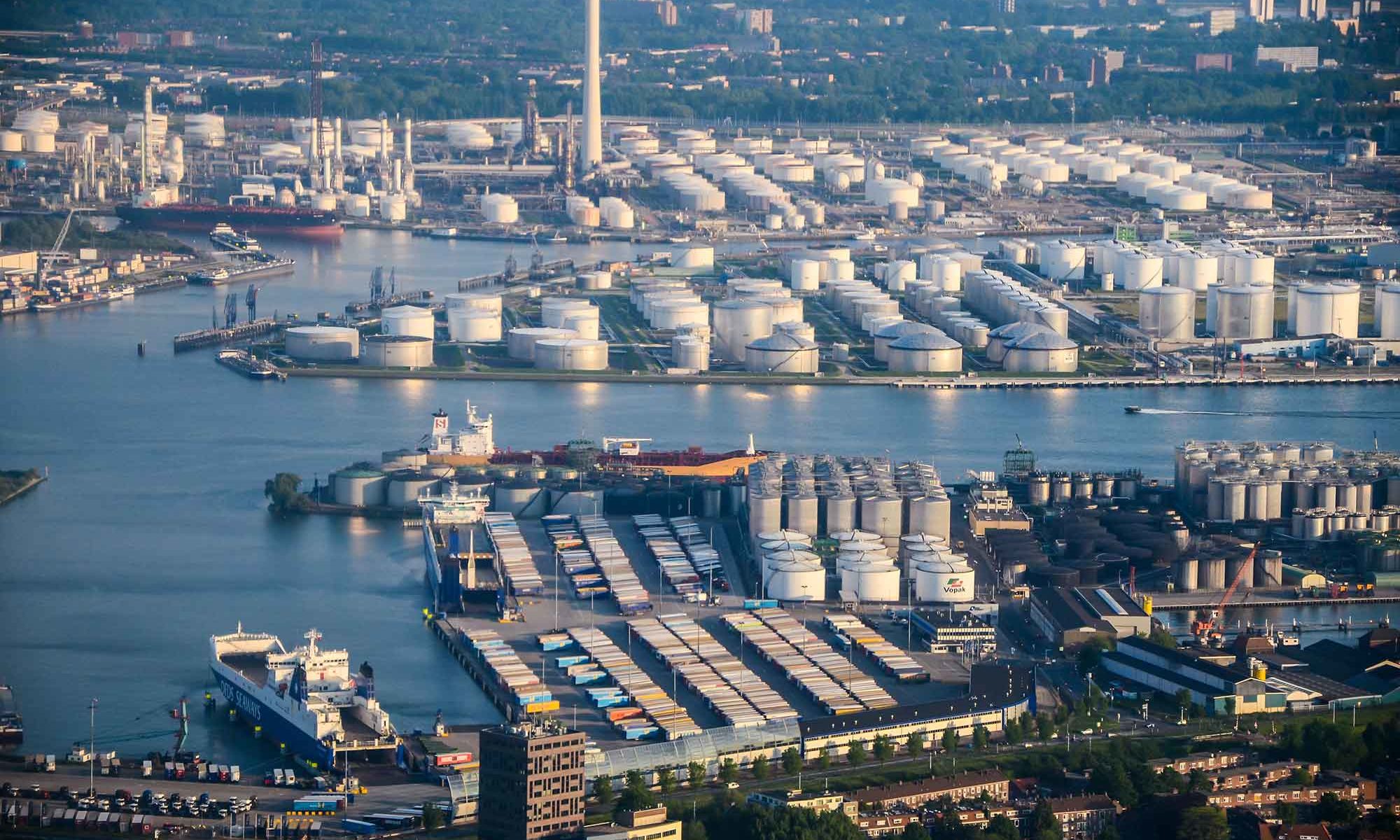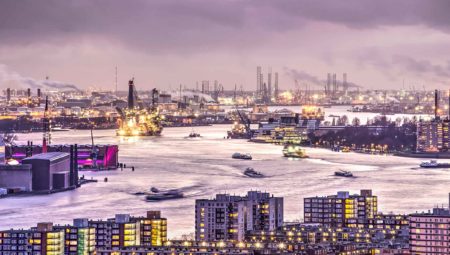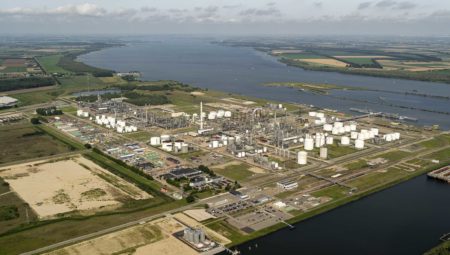A facility of this size could produce enough renewable diesel to avoid 2.8 megatonnes of carbon dioxide (CO2) emissions per year, equivalent to taking more than 1 million European cars off the road. The facility is also expected to use technology to capture carbon emissions from the production process and store them in an empty gas field under the North Sea through the Porthos project. A final investment decision for Porthos is expected next year.
Cooking oil
The production of the Rotterdam biofuel plant is expected to start in 2024. Using advanced technology developed by Shell, the plant will produce low-carbon fuels such as renewable diesel from waste in the form of used cooking oil, animal waste fats and other industrial and agricultural residues. Certified sustainable vegetable oils, such as rapeseed, will supplement these waste feedstocks until even more sustainable advanced feedstocks are widely available. The facility will not use virgin palm oil as a feedstock, Shell promises.
More than half of the 820,000 tonnes per year capacity could be sustainable jet fuel (SAF), the rest renewable diesel. Shell can adjust this mix according to customer demand.
These low-carbon fuels will help meet growing demand from the transport sector, including sectors that are difficult to decarbonise, such as heavy road transport and aviation. SAF currently accounts for about 0.1% of global jet fuel. The arrival of the new plant will make it possible to increase production of SAF, which is vital for reducing carbon emissions from aviation.
Low-carbon future
Marjan van Loon, President of Shell Nederland BV: “Shell has been on the road to a lower carbon future for some time. This investment is an important step as we transform the Energy and Chemicals Park Rotterdam from a traditional refinery into a sustainable energy park. The project means hundreds of millions of dollars of investment per year during construction, it will create hundreds of jobs and help maintain the competitiveness of the facility for years to come.”
As part of its Powering Progress strategy, Shell is transforming its 14 refineries into five energy and chemical parks. Shell aims to reduce the production of traditional fuels by 55% by 2030 and provide more low-carbon fuels, such as biofuels for road transport and aviation, and hydrogen. The Energy and Chemicals Park Rotterdam is the second park to be announced, following the launch in July of the Energy and Chemicals Park Rheinland, in Germany.
More information can be found on Shell’s website.
Image: Alexandre Rotenberg/Shutterstock



